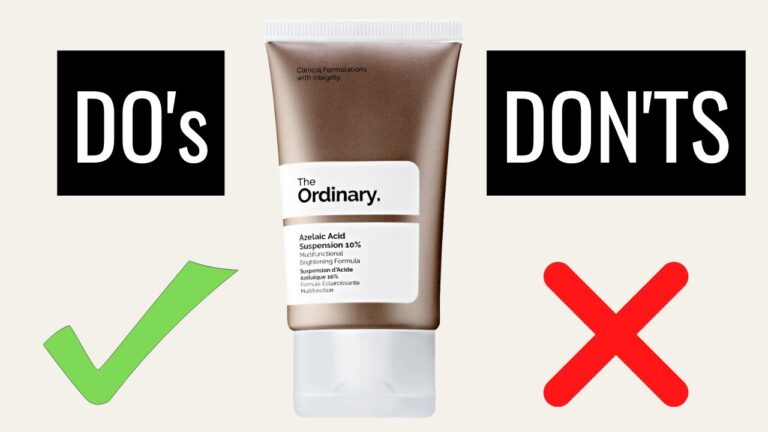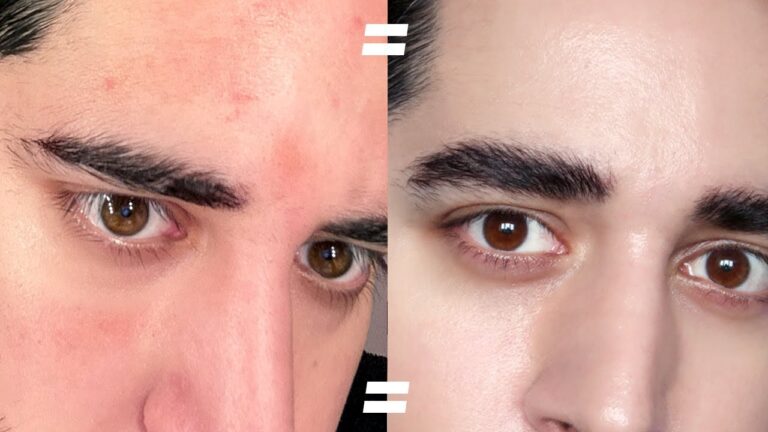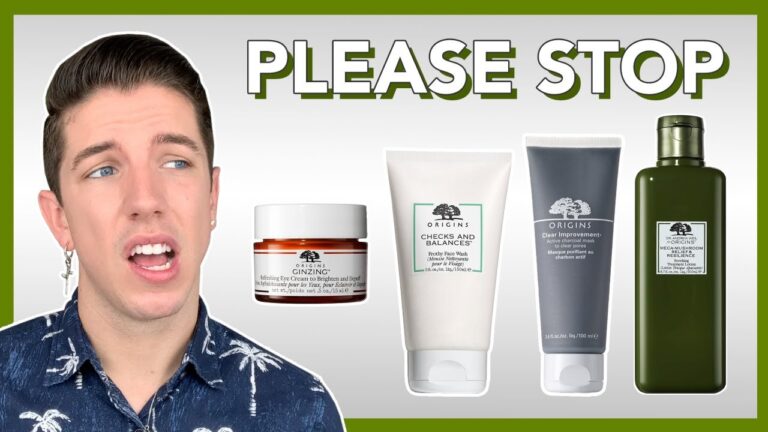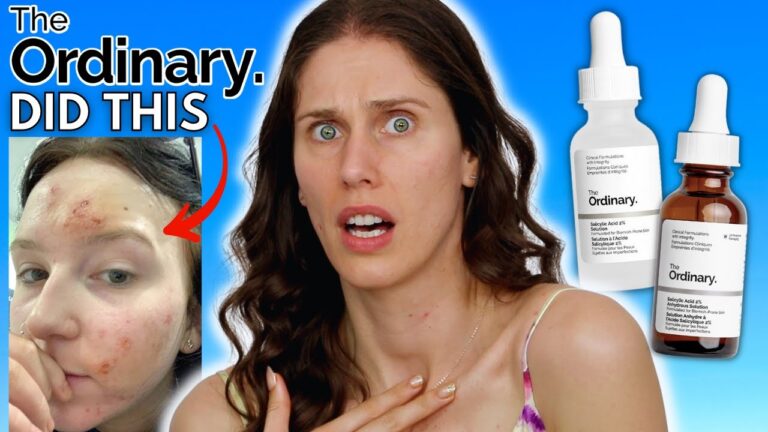The Ultimate Guide to Retinoids: Benefits, Side Effects, and How to Use Them
Retinoids: The Secret Ingredient for Healthy Skin
If you’re looking for a magic bullet to improve your skin’s appearance, retinoids might just be the answer. Retinoids are a class of chemicals that are related to vitamin A, and they’re used to treat a range of skin conditions, from acne to wrinkles.
One of the most well-known retinoids is tretinoin, which is sold under the brand name Retin-A. Retin-A has been used for decades to treat acne, and it’s also been shown to help reduce the appearance of fine lines and wrinkles. In fact, tretinoin is the only topical medication that is FDA-approved for the treatment of photoaging, which is the damage to skin caused by prolonged exposure to UV radiation from the sun.
Retinoids work by increasing the rate of skin cell turnover. As we age, the rate at which our skin cells regenerate slows down, which can lead to a buildup of dead skin cells on the surface of our skin. This buildup can make our skin look dull and contribute to the formation of fine lines and wrinkles.
By speeding up the rate of skin cell turnover, retinoids help to exfoliate the skin and prevent the buildup of dead skin cells. They also promote the production of collagen, a protein that gives our skin its firmness and elasticity. Over time, regular use of retinoids can help to refine the texture of our skin, reduce the appearance of fine lines and wrinkles, and even fade dark spots and other forms of hyperpigmentation.
If you’re new to retinoids, it’s important to start slowly and build up gradually. Many people experience some degree of irritation when they first start using retinoids, including redness, flakiness, and dryness. Using a gentle, non-comedogenic moisturizer can help to minimize these side effects while your skin adjusts to the retinoids.
There are a variety of retinoid products on the market, ranging from prescription-strength tretinoin to over-the-counter retinol creams. Some popular retinoid products include Differin (adapalene), Avage (tazarotene), and CeraVe Skin Renewing Retinol Serum. Many people prefer to start with an over-the-counter product before moving on to a prescription-strength retinoid.
If you’re interested in incorporating retinoids into your skincare routine, it’s a good idea to talk to your dermatologist. They can help you decide which retinoid product is best for your skin type and concerns, and they can also provide guidance on how to use retinoids safely and effectively.
Overall, retinoids are a powerful tool for improving the appearance of our skin. By promoting cell turnover, increasing collagen production, and refining skin texture, retinoids can help us achieve a clearer, smoother, and more youthful-looking complexion. So next time you’re browsing the skincare aisle, be sure to look for products that contain this secret ingredient for healthy skin.
Most searched products:
Does Sephora Support Israel? Answering Your Questions
The Ultimate Guide to Azealic Acid: Benefits, Uses, and Side Effects
Discover the Benefits of The Ordinary Botox for Your Skin
How Long Does Glycolic Acid Take to Show Results: Your Ultimate Guide
The Perfect Order: When to Use Retinol and Niacinamide in Your Skincare Routine
The Ultimate Reviews of The Ordinary Peeling Solution
Say Goodbye to B.O with Glycolic Acid Deodorant: The Secret to Long-Lasting Freshness
Say Goodbye to Dry Lips with the Best Skin Lip Balms
Bronzer
All about Alpha Arbutin 2 + HA: Benefits, Side Effects, and How to Use for Brighter Skin















